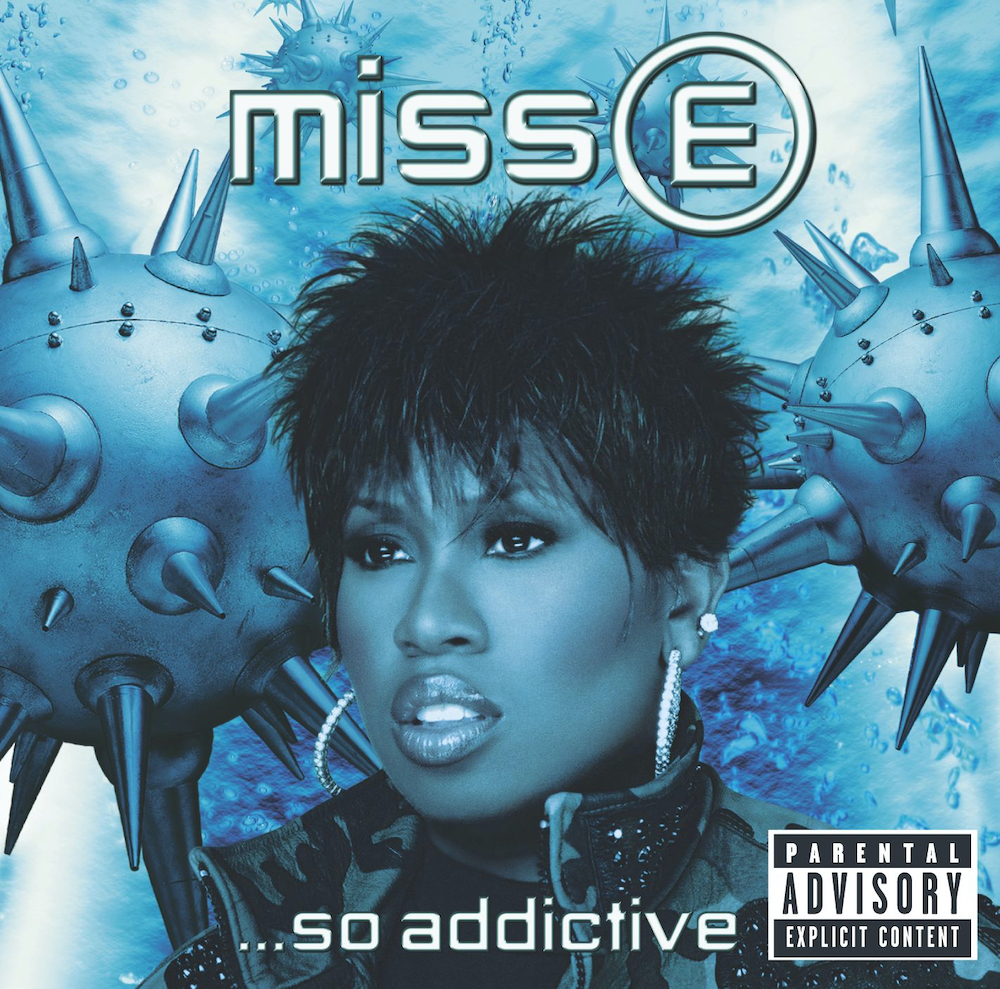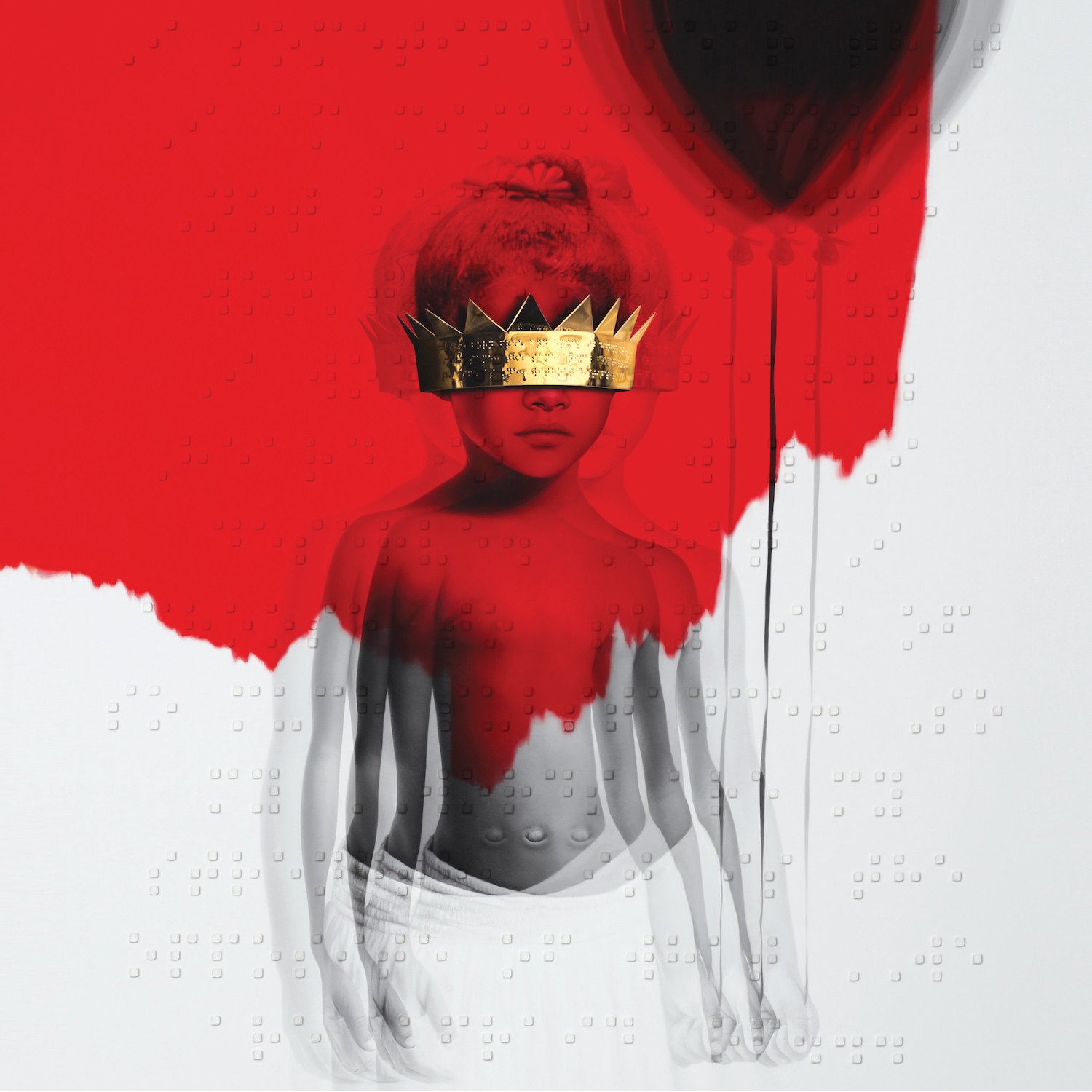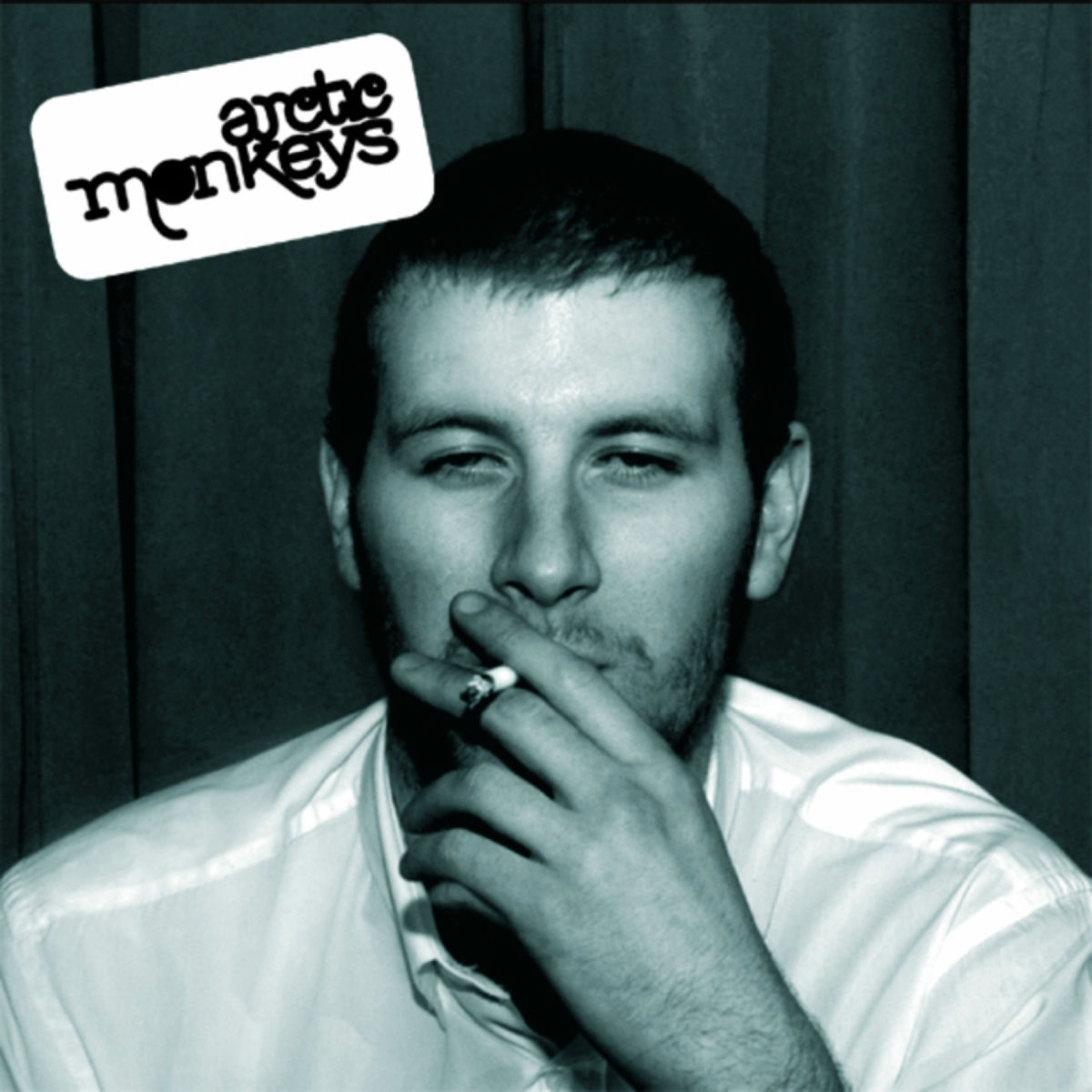- Elektra
- 2001
There is a particular form of genius involved in producing bugged-out brain-exploding pop music that still functions as pop music -- that elbows its way into radio rotation, sells records, and changes the contours and possibilities of the zeitgeist in real time. It's a rare and difficult thing to accomplish. Throughout history, we've only seen a few producers who can fuck around with the formula while still remaining top of the pops: Joe Meek, Brian Wilson, Lee Hazlewood, Giorgio Moroder, Prince, maybe a few others. In the late '90s, the team of Missy Elliott and Timbaland rose up and took their place within that proud lineage.
In a head-spinning series of records for themselves and for others, Missy and Tim remade rap and R&B as playfully experimental digital cartoon funk, importing ideas and beats from dancehall and house and bhagra and god knows where else, turning those ideas into ecstatic plastic space-pop, reshaping the sound of the radio in the process. By the time Missy and Tim hit their stride in 1997, the same year that Missy released her classic debut Supa Dupa Fly, the rest of rap was scrambling to catch up. Four years later, the duo's evolution was at its peak. They were able to make whatever they wanted, and that's exactly what they did.
By the summer of 2001, Missy and Timbaland were as big as they would ever be. Missy rewrote and co-produced Labelle's disco-funk oldie "Lady Marmalade," turning it into a show-of-force pop posse cut for the movie Moulin Rouge, and it became one of that summer's biggest hits. Timbaland was making hits with people like Jay-Z and Ludacris and Petey Pablo, and he'd helped his young R&B collaborator Aaliyah turn into a dominant crossover pop figure who was already knocking on the door of movie stardom. The Neptunes, another Virginia production team, had risen up with their own spartan take on the Missy/Tim sound. Virtually every song on rap and R&B radio -- and, increasingly, pop radio -- took some element of that vividly warped Virginia sound. Missy and Tim were working with a blank check, and maybe a blank check is how you end up with something like "Get Ur Freak On."
"Get Ur Freak On," the lead single of Missy's third album Miss E... So Addictive, is a deeply strange and sideways anthem. Its six-note riff, played on an Indian instrument called a tumbi, returns again and again, mocking and insistent. Tablas sputter and chatter, surrounding the beat without fully locking into it. Japanese-language exhortations drop in and out. Ominous keyboard drones rise steadily, evoking horror-movie soundtracks. Over all of this, Missy Elliott intones delirious nonsense about spitting in your mouth and the biggie biggie bounce. She plays around with the beat, leaving in long and strange pauses: "Copywritten so... don't copy me!" On the intro, Missy promises "some new shit." For once, that's a crazy understatement.
In its way-out silliness, "Get Ur Freak On" could've lost people. Instead, it was everyone's favorite song to hear while drunk late at night. In 2001, the year of "Get Ur Freak On," I had a short stint as a DJ at a deeply unsuccessful hipster dance night in Syracuse, which is not a place where you should start a hipster dance night. Other than perhaps "Blue Monday," "Get Ur Freak On" was my one great reliable floor-filler. Everyone loved that song.
"Get Ur Freak On" anchored Miss E... So Addictive, which celebrates its 20th anniversary tomorrow. The album went platinum in a couple of months. When the LP came out, club drugs, and ecstasy in particular, had just taken off in the rap world. Giants like Jay-Z and Eminem were rapping about the pill's effects, and fizzy rave textures were appearing in tracks as heavy as Mannie Fresh's Cash Money bounce symphonies. For Miss E... So Addictive, Missy Elliott turned her own name into an MDMA pun, drawing a metaphorical connection between the drug and her own bugged-out and hypnotic sound. Missy and Tim had already been playing around with rave sounds and signifiers for years, and the timing was right for the two of them to take the world on a hallucinatory club odyssey.
Miss E... So Addictive isn't the most revolutionary Missy Elliott album; that's still Supa Dupa Fly. It's not my favorite, either; the old-school double-dutch absurdity of 2002's Under Construction hits me right in all my pleasure centers. But Miss E might be the album where Missy and Tim were most locked-in with the mainstream, ready to push the world in whatever direction they wanted. Miss E is a wild journey of a blockbuster album. Missy and Tim had access to the whole Black-music establishment, and they used it to make some truly new shit.
Casting is important. Superstar guests show up all over Miss E... So Addictive, and they're all deployed to maximum effect. Method Man and Redman huff hungrily on "Dog In Heat." On the monster hip-house jam "4 My People," Eve gives a virtuoso treatise on nightclub etiquette and on what she'll do to the people who violate it. Busta Rhymes appears on one interlude -- not to rap, but to make triumphant declarations. On another, Lil Mo goes into paroxysms of gospel euphoria, just so that Missy can make fun of her: "You singing like you in church, raising money for some new choir robes or something!"
On the delirious smash "One Minute Man," Ludacris gives what might be the single greatest verse of his entire career, surging out of the gate like a greyhound and firing off horny innuendos with dizzy energy. I don't know if I've ever had quite that much fun rapping along with anyone, on anything: "Enough with tips and advice and thangs! I'm big dog, having women seeing stripes and thangs! They go to sleep, start snoring, counting sheep and shit! They so wet that they body started leakin' shit! Just 'cause I'm a all-nighter! Shoot all fire! Ludacris balance and rotate all tires!"
"One Minute Man" would've been a masterpiece of loping computer-funk even without that Ludacris verse. Luda takes it into the stratosphere. In the video, Missy does wire-fu and dances around with her own decapitated head. (Jay-Z's verse on the "One Minute Man" remix is a whiff, a retread of the stuff he'd just been saying on the Tim-produced "Big Pimpin'." It's notable today only for the strange sensation of hearing Jay clown his future wife: "Get ya independent ass out of here, question!" There's a reason why that verse is on a bonus-track remix, not on the song itself.)
Miss E... So Addictive has a lot of Prince-informed R&B slow jams that don't quite work. Those songs had always been important to Missy and Tim, but they were rarely as inspired as the duo's uptempo keep returning. On Miss E, though, the uptempo bugouts never disappear. "Lick Shots" and "Watcha Gonna Do" and "Slap! Slap! Slap!" are among the best stop-start skitter-squeaks in the Missy/Tim oeuvre, and it's wild that all of them got relegated to album-track status, or to becoming little teasers at the end of the real videos. (A Missy line that pops into my head all the time for no real reason: "Tell the freaks shake they nasty thongs!") I always wondered why a track as joyous and anthemic and immediate as "4 My People" never really got a push, only appearing in the second half of the "Take Away" video. "4 My People" sounded like a Basement Jaxx track long before Basement Jaxx remixed it. That song should've taken over the world.
But it's enough that "4 My People" and all those other bangers exist. Miss E... So Addictive isn't a cohesive-statement album. Instead, it's two of the greatest minds in club-music history throwing ideas in every direction, taking clear delight in how much ridiculous shit they can foist upon the pop mainstream. The album stands as the climax of a glorious pop movement, one that would keep reverberating for years. Twenty years later, it still sounds like the future. We're still catching up.






